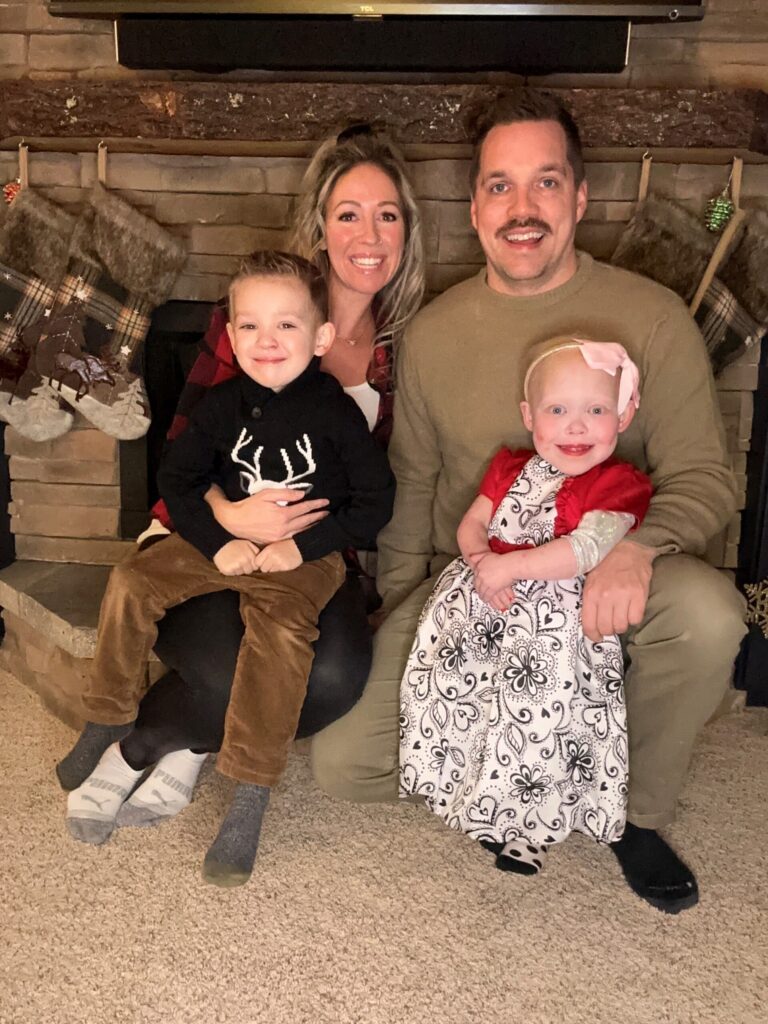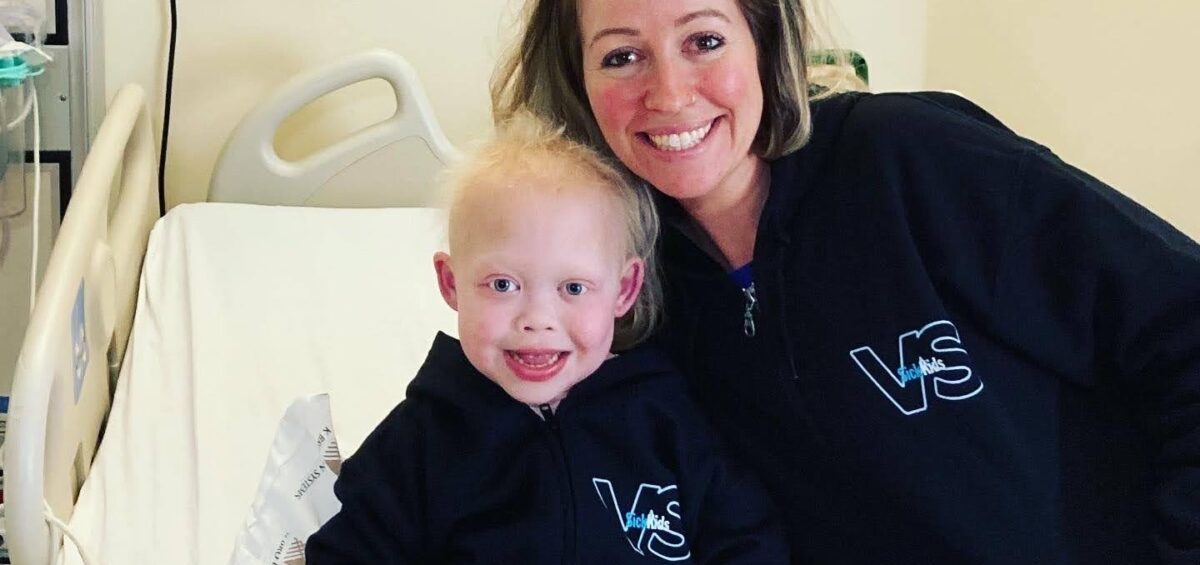I’ve never had the pleasure of welcoming my own baby born but, I think I can imagine the endless joy a new father experiences. I was, however, at the hospital when our first grandson, Nick, came bouncing — he still is — into our lives. I’ll never forget my stepson Darren dressed in green scrubs, stopping, turning around, and asking: “Everything is going to be OK, right?” We smiled and nodded yes to give Darren confidence. We did that with our hearts. But its northern neighbour, our brains, realized there was a chance something could happen. Fortunately, everything was fine: Nick and Mom were fine.
It’s a question we often ask after the birth of one of the newest citizens of our planet: “Is everyone OK?” But we tell ourselves after we speak the first word of this four-word query that the answer is a given — like it was for Nick. But sadly, a positive response isn’t always given. We stop and, frankly, are in shock. We blindly look for the words to show support and give comfort. We know — even if we gently ask, “What can we do?” — we do not process an appropriate reply. Helplessness: one of the most lonely and perplexing experiences we have.
But for youngsters born requiring life-saving organ transplants, and their blessed parents, help is a mouse click away. It’s yeoman’s work: something the David Foster Foundation has been doing for decades. I equate that response to the same feeling I get as I hang up the telephone after confirming a doctor’s appointment. My medical future may be in jeopardy, sure. But just knowing someone cared and someone with the knowledge and expertise is going to see me provides bright rays of hope.
And knowing I am not alone. But, still, when news is delivered — news of fear, of uncertainty — it reverts that feeling of hope to our minds, helplessness, going down dark, dark back alleys.
“Everything is harder to handle as it has to revolve around the possibility of receiving the call at any moment,” Kyla Thomson said of her daughter Bella, who, at the age of three days, was diagnosed with Hirschsprung’s disease, a disease affecting an infant’s intestines and making it impossible for them to have bowel movements. “Emotionally Bella is very excited to receive her new bowels. She knows very well how it will change her life for the better. So, she is very positive about it and looks forward to the bowel transplant.”
And that’s wonderful. But:
“For myself and my husband Lyle, we feel like we are in a constant state of ‘what if.’ And the mental toll that takes on us is something we battle every day,”
Perhaps, though, the load is softened knowing a family, like Bella’s, has an army of support supplies when they needed it the most.
If that is, indeed the case, the answer to our original question rings and echoes of resounding hope that everything will be okay.

To learn more about how to register to become an organ donor in your province or state, please visit here.
If you would like to learn about different ways to give back this holiday season, please visit here.



